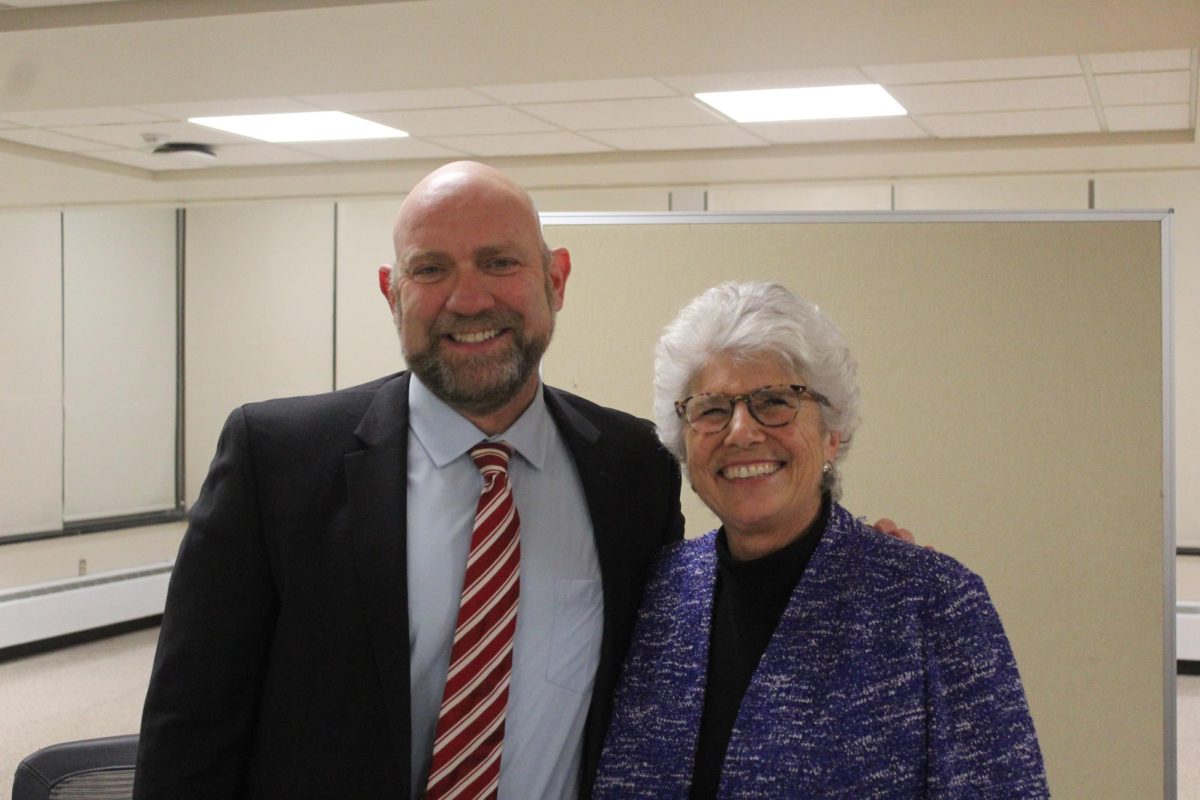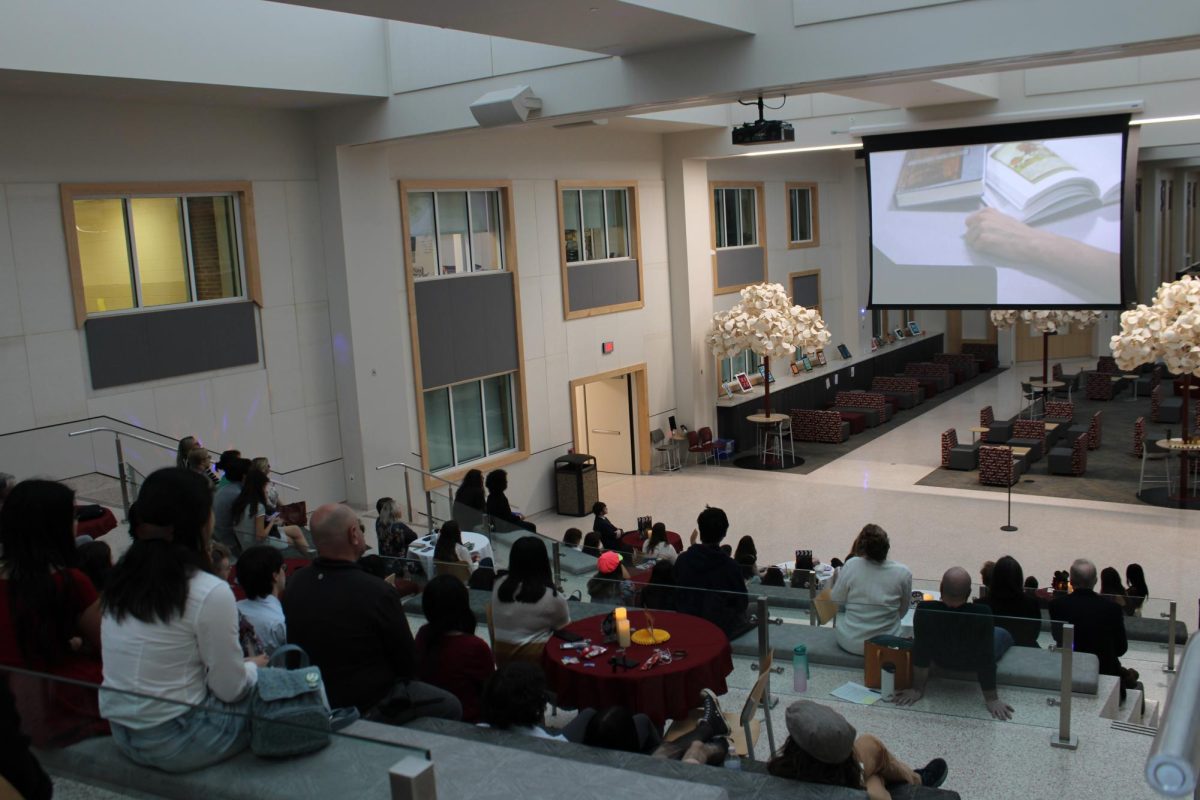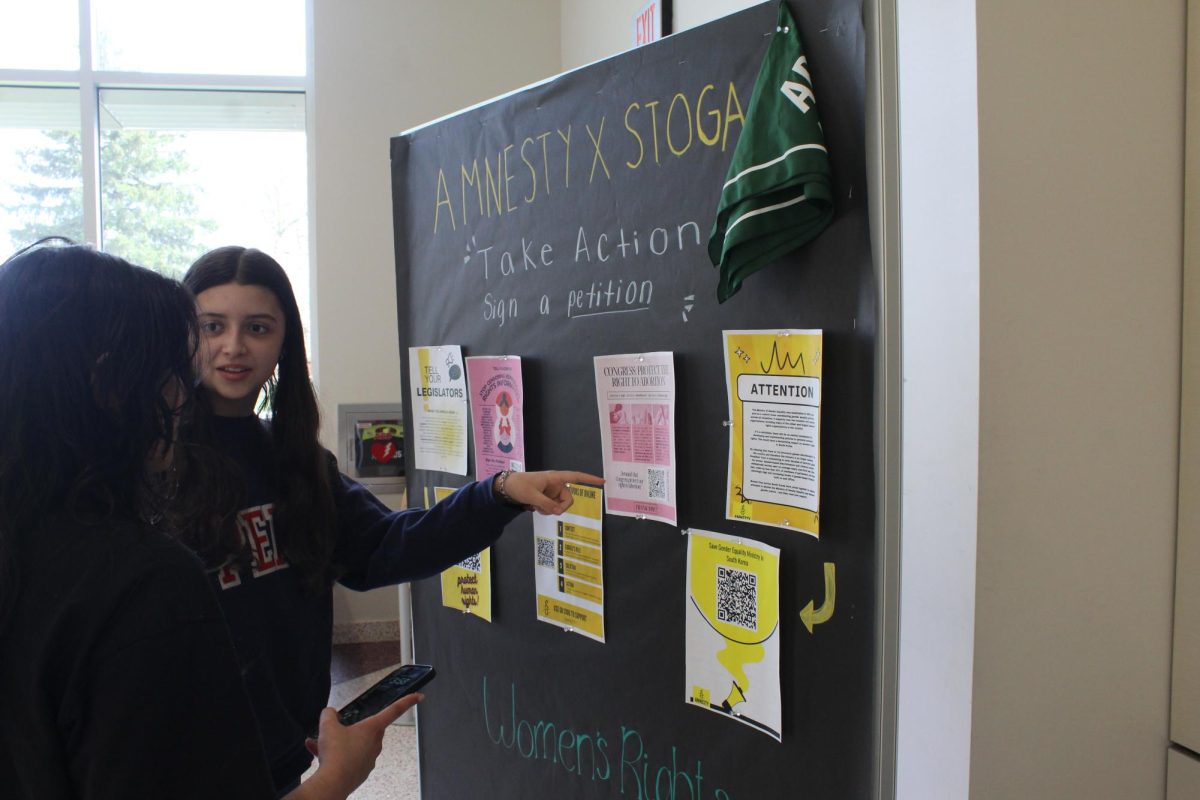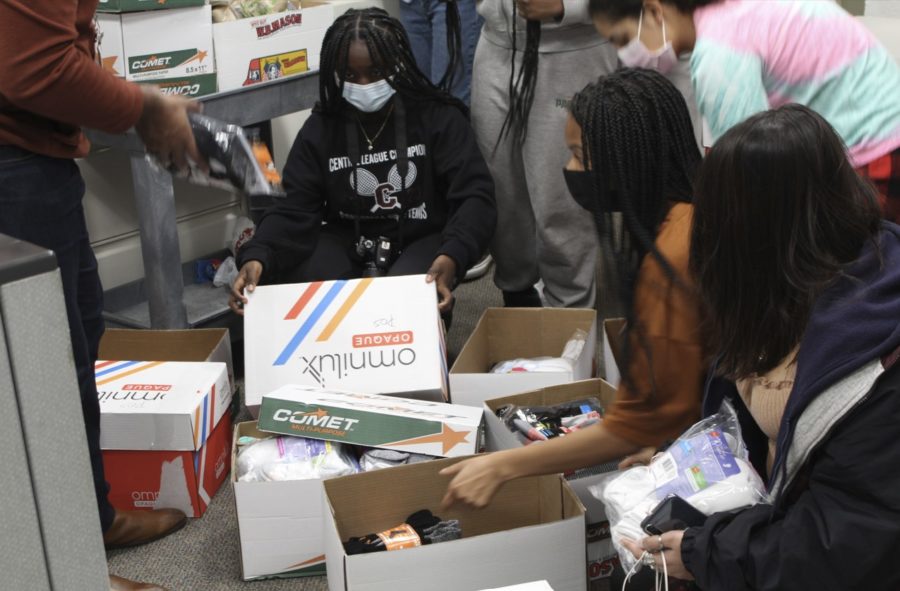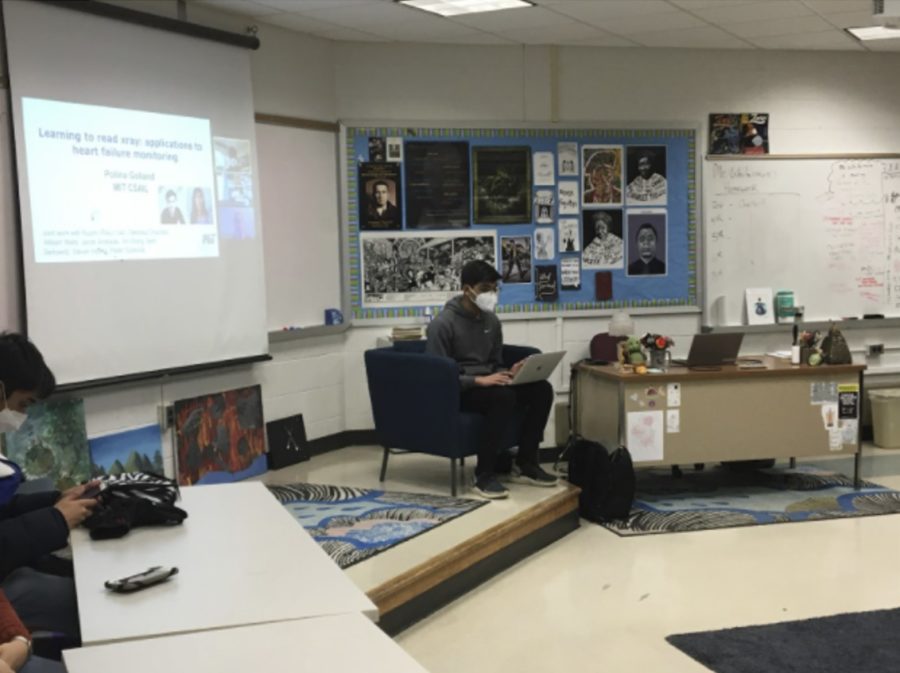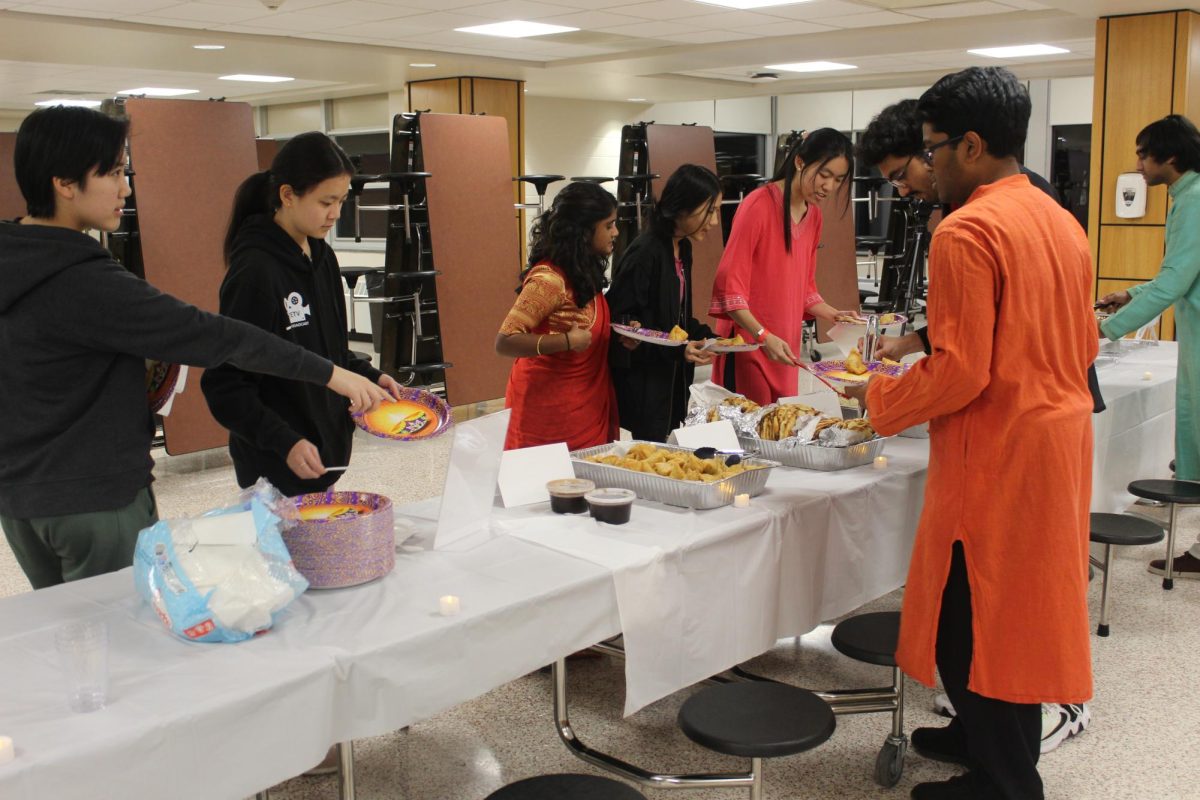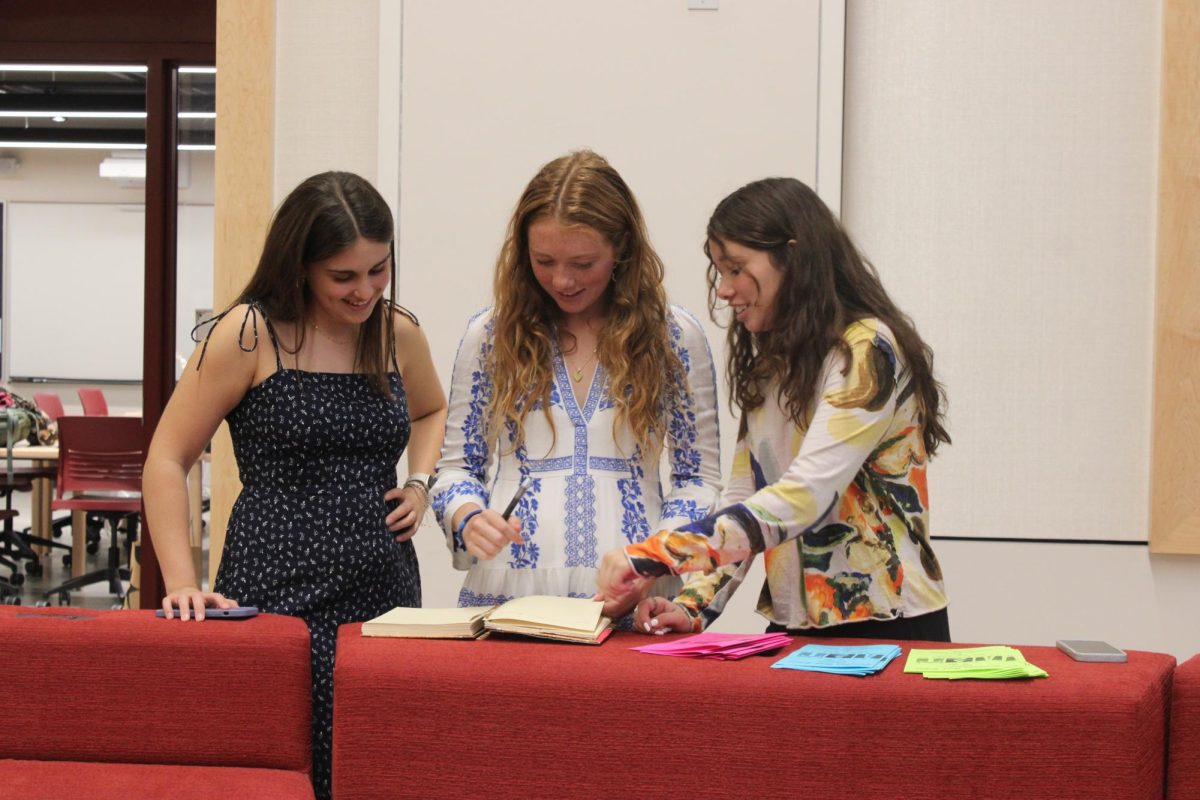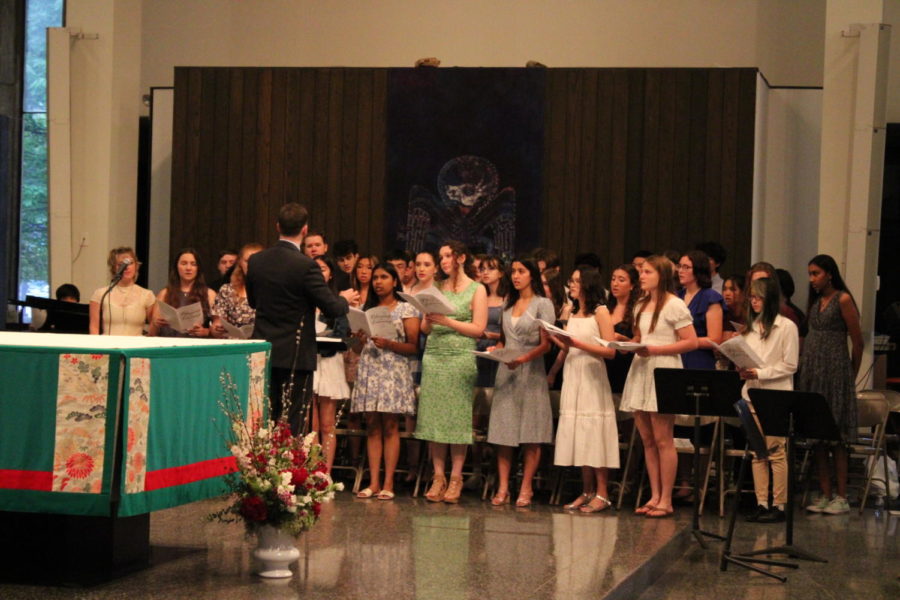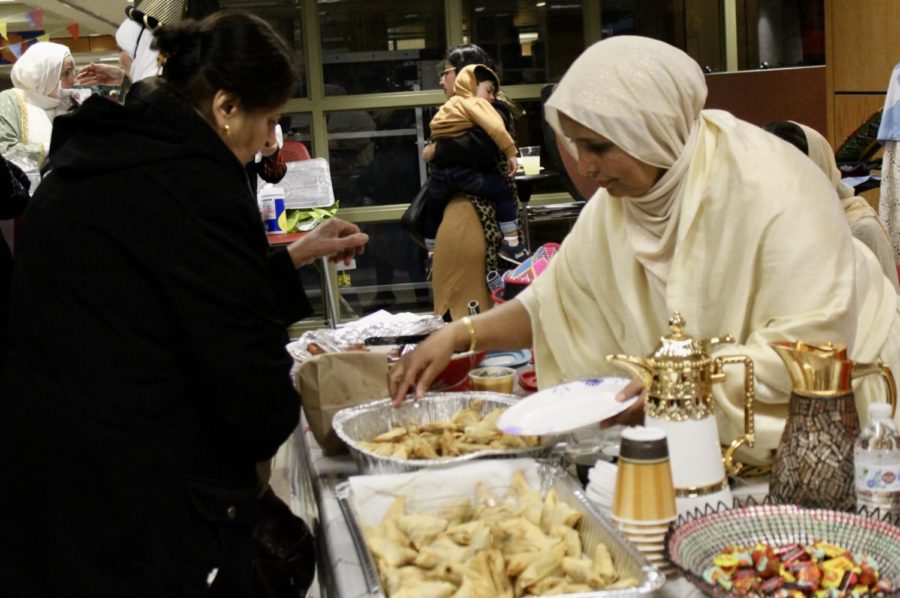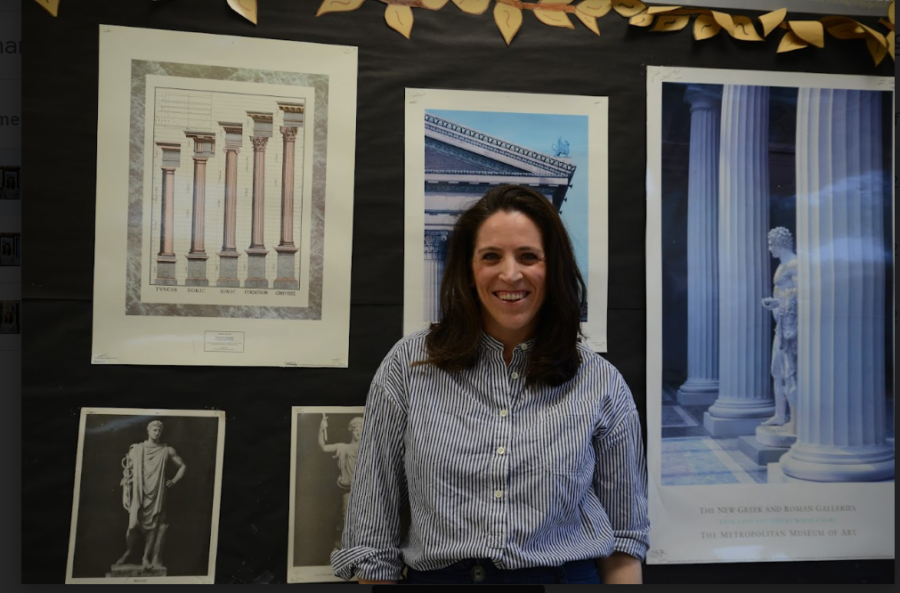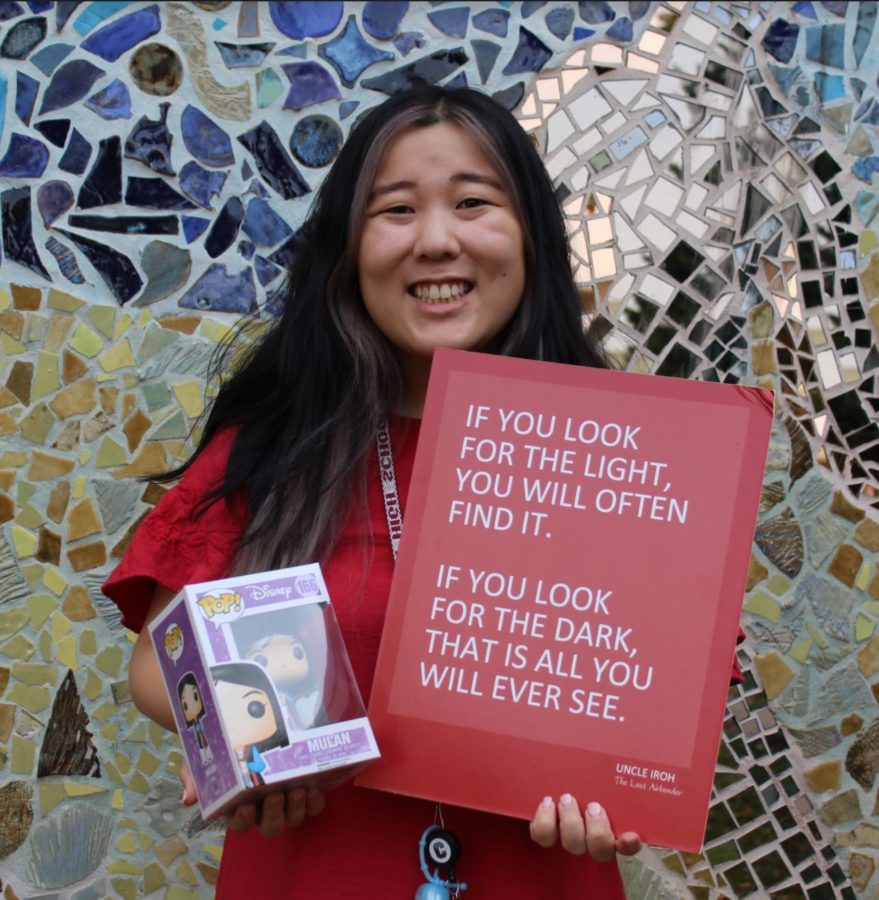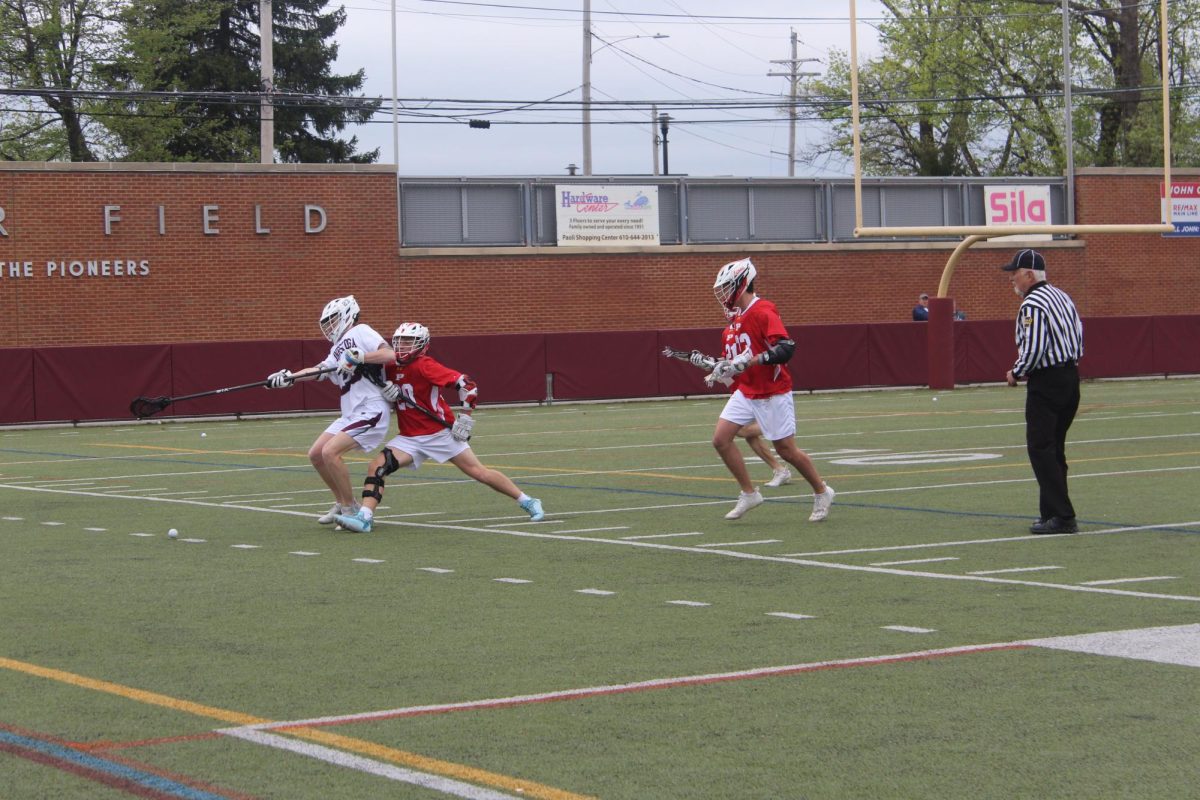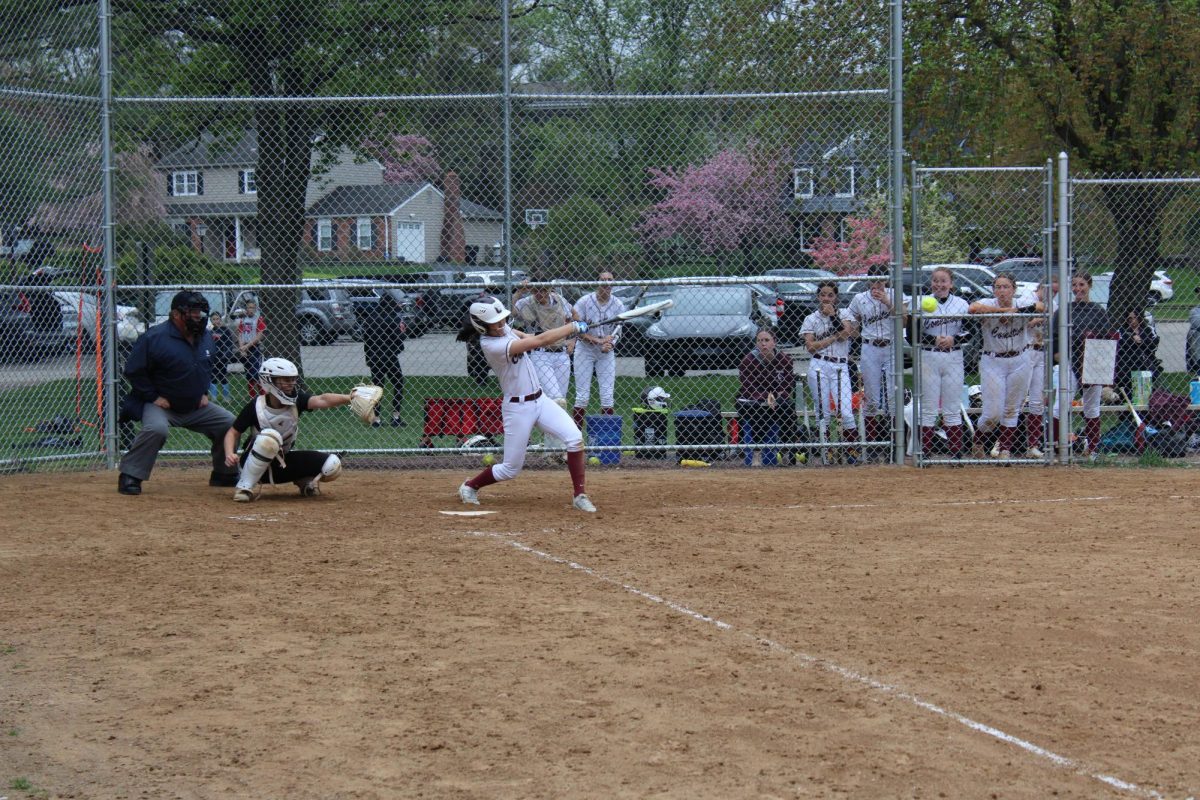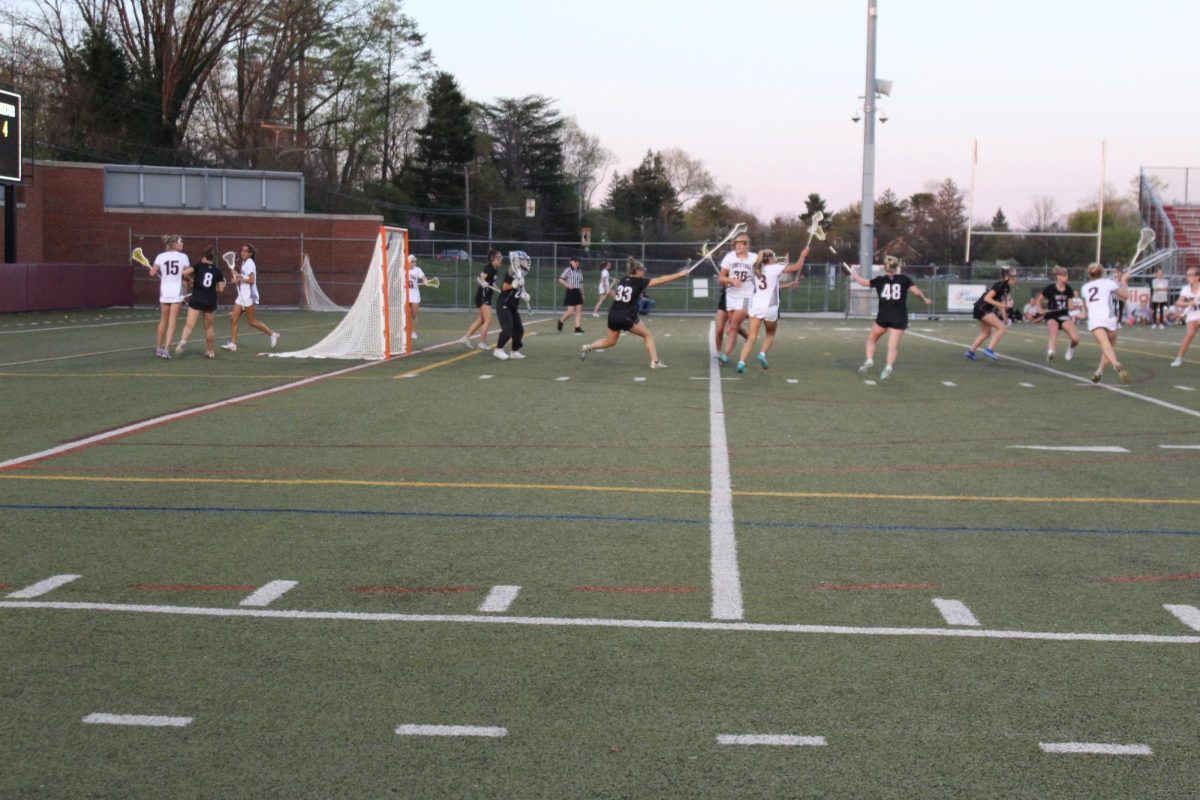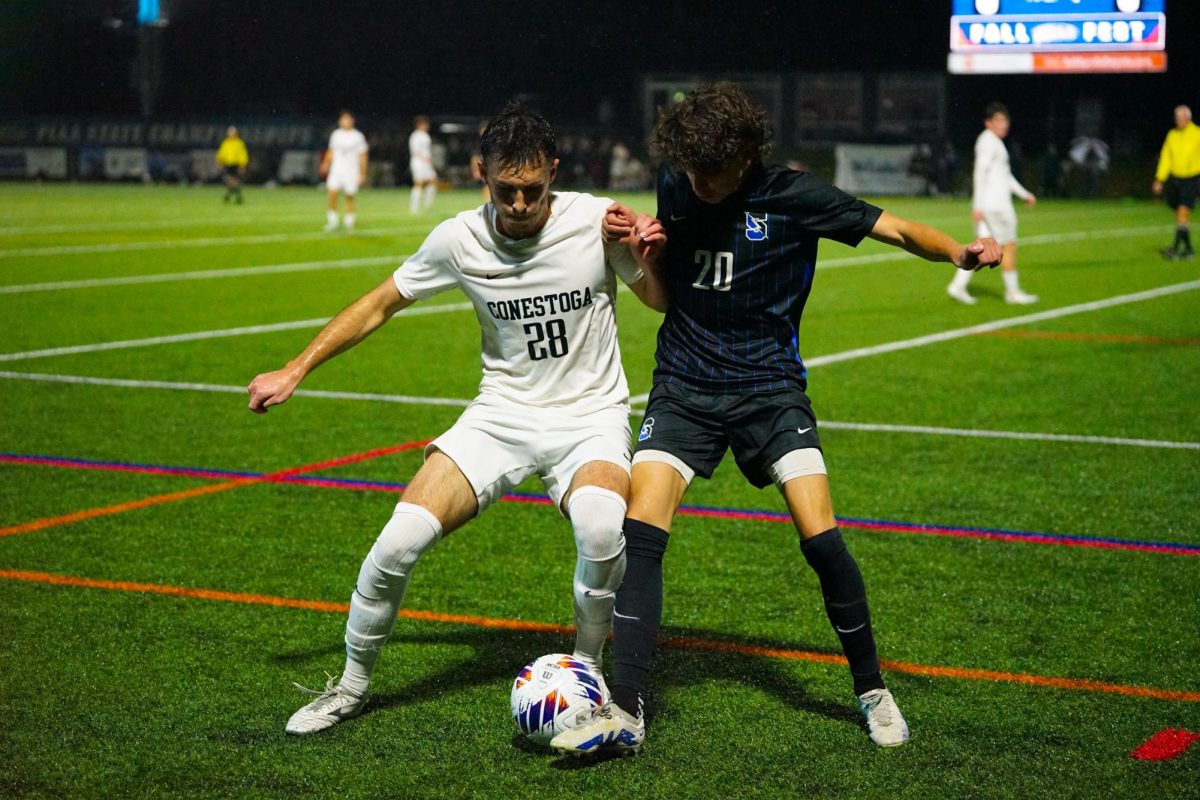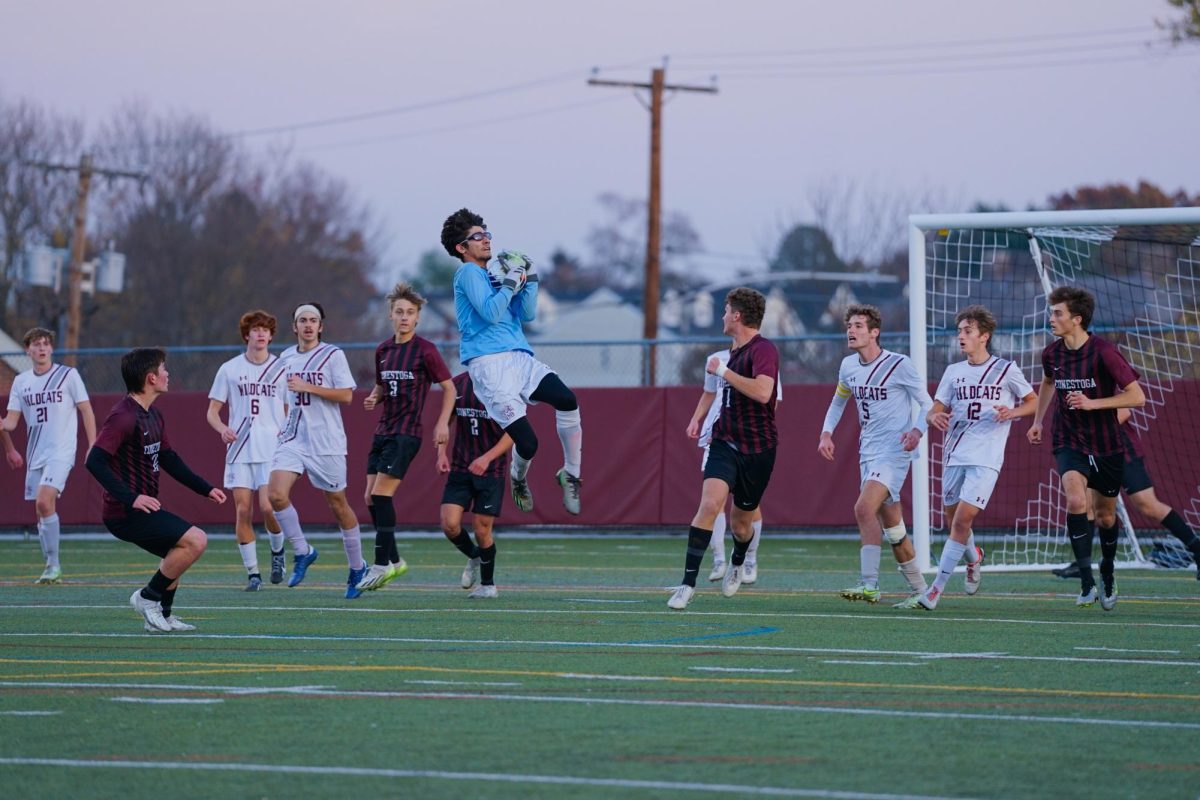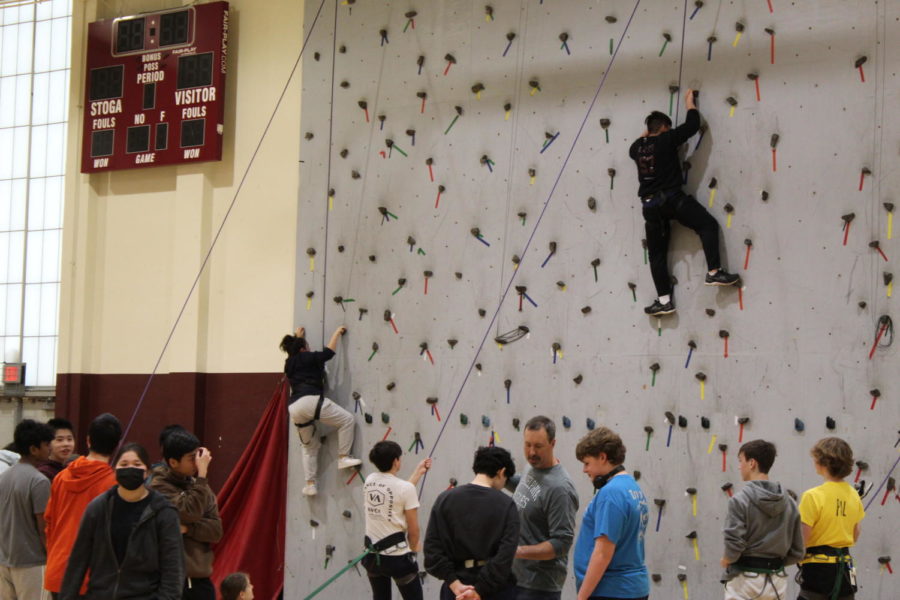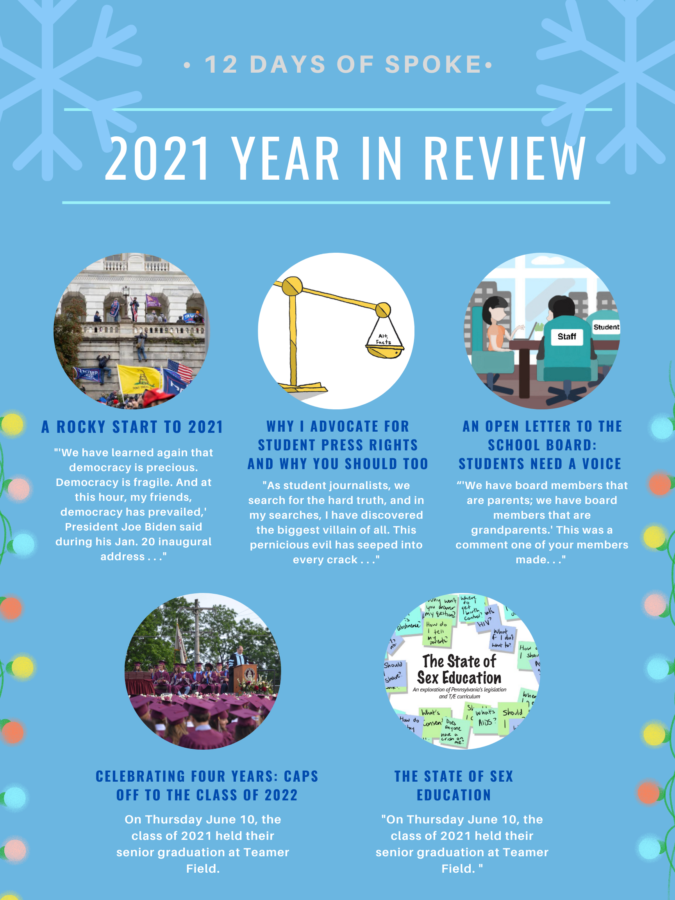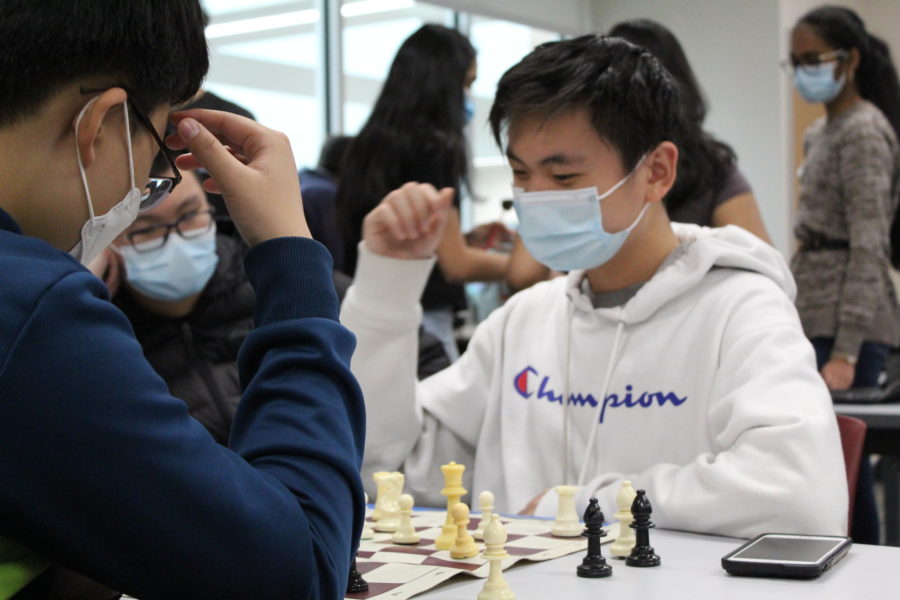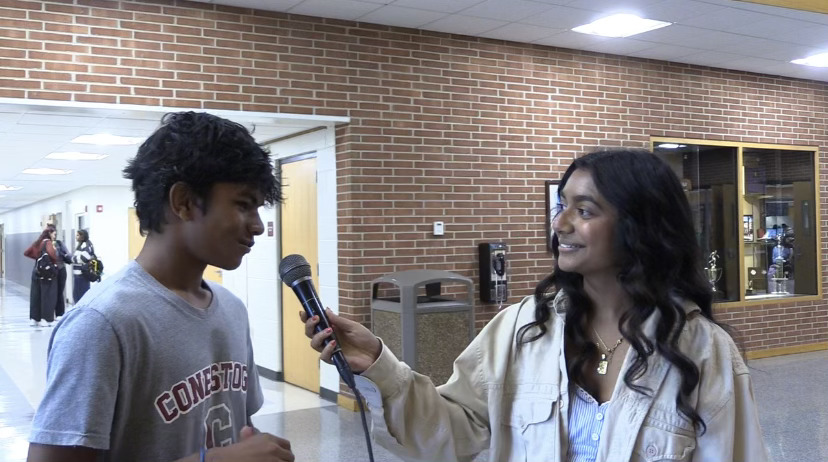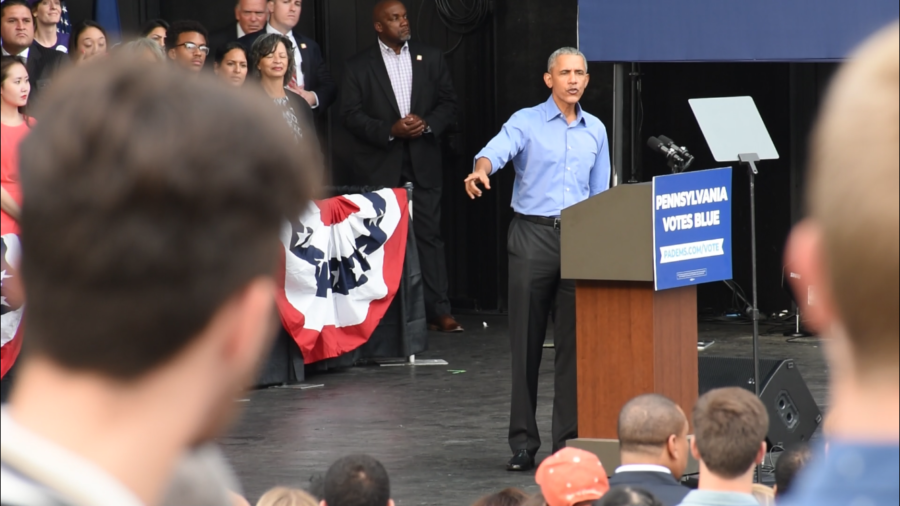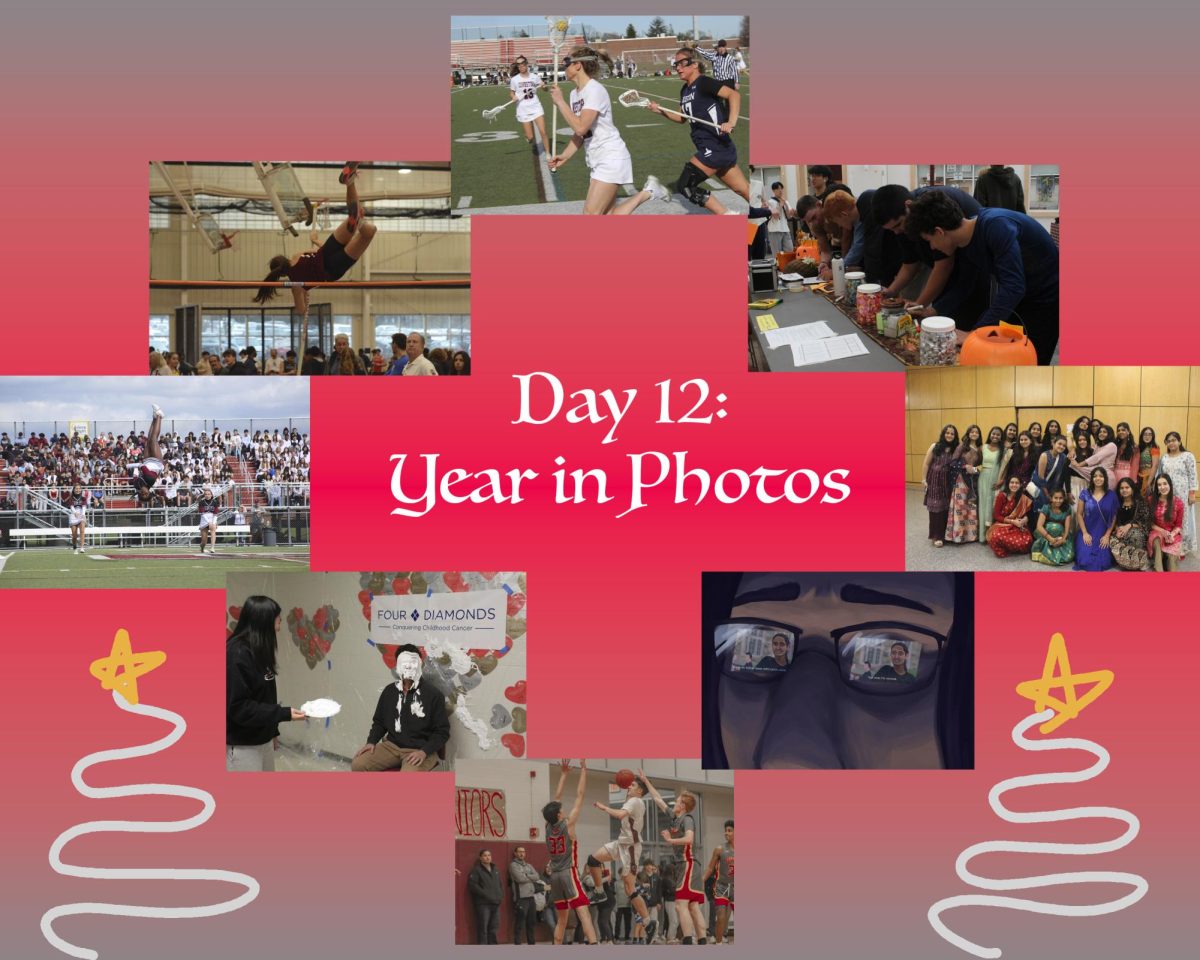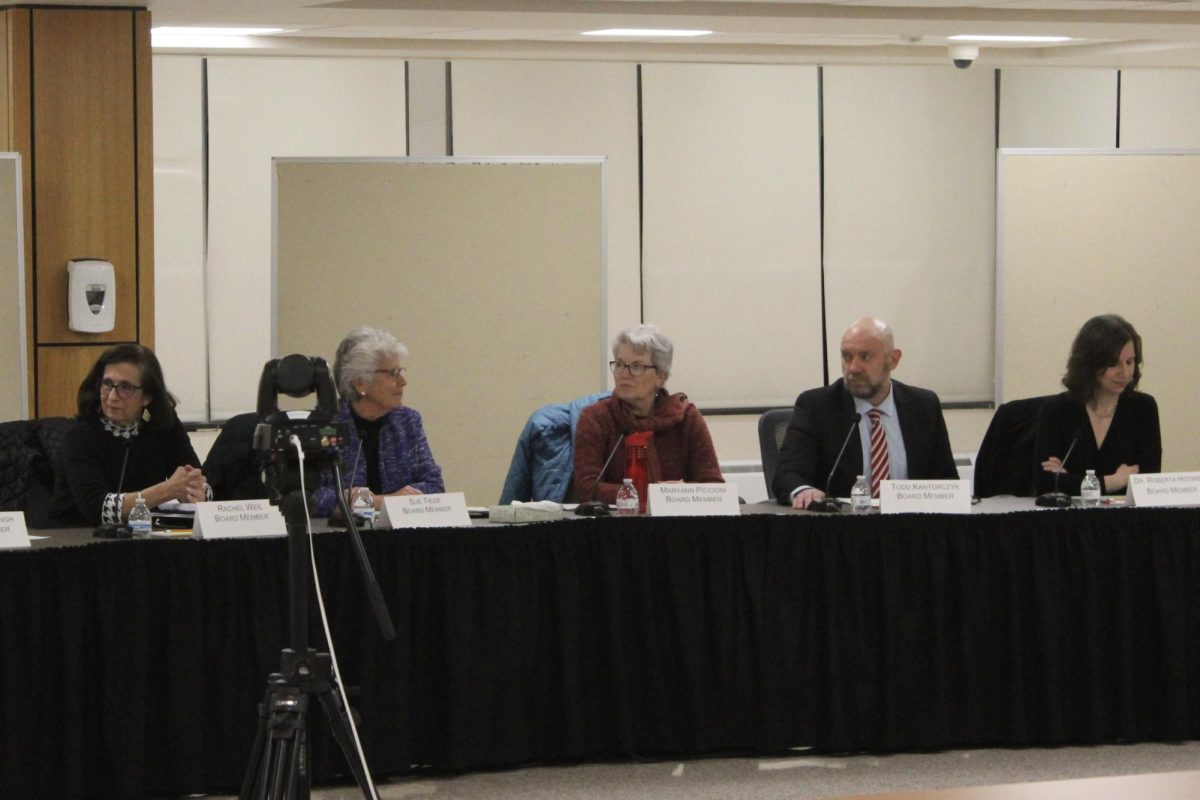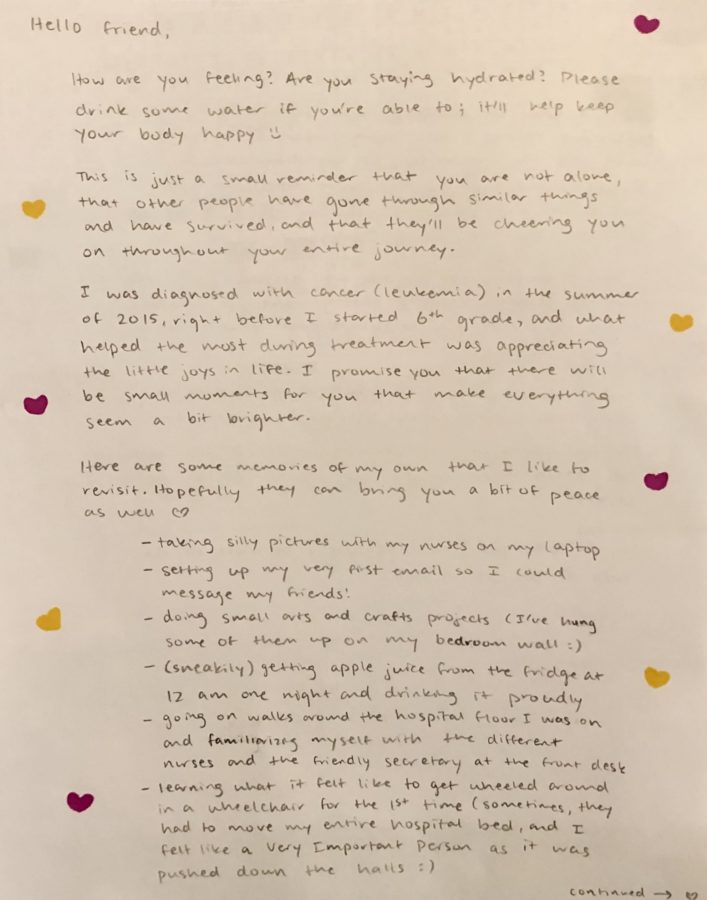By Justin Huang, Co-Editor-in-Chief
Last week, the FBI charged 33 parents, mostly made up of wealth and status, of spending an aggregated amount of $25 million to help ensure their children’s acceptance into notoriously competitive colleges through sports, or cheating on standardized tests.
My classmates kept discussing it, pointing out the admission seats that these children take while other more qualified, perhaps lower-income, students could have taken them.
But is any of that really new?
I’m an Asian male. When I was born, my race and my sex denounced me in the eyes of college admissions. My parents went to college in China (no legacy preference there) and my mom obtained her master’s degree from a small school near Toronto that I would never go to. Neither have ever worked for a university. I have no athletic achievements. When I dived into the Common Application, the only thing I had fighting for me was my high school work, and I made my peace with the fact that there would be people with a leg up above me.
My peace didn’t cover the situation of parents organizing a plot to admit their children into a competitive college’s crew team, though. Or, more importantly, the parents who legally donate millions or even billions of dollars to colleges and automatically guarantee acceptance for their progeny, otherwise called “development cases.”
What’s the logical reasoning behind colleges giving these development cases priority? It’s simple. Why have a student pay $70,000 a year when they can pay that same amount plus millions more through outside donations? While donations guarantee future acceptances, acceptances guarantee future donations. But by doing so, you displace students who have worked harder, fought harder, and might deserve the spot more than a walking pile of money.
Cornell’s Legal Information Institute defines bribery as “corrupt solicitation, acceptance, or transfer of value in exchange for official action.” Varsity Blues may have pointed out a fair amount of parents guilty of such crimes, but there’s nothing about the “corrupt transfer of value” that has occurred for years through these development cases. It’s bribery with extra steps and unfortunately, the lack of “official action” exempts it from court.
I’m not asking for college students to be judged solely by their work and merits, as so many opinions about college have done in the past. I’ve come to realize that the idea of a meritocracy both supports and contradicts the idea of the American Dream. Education is “the great equalizer” — with higher education, people in different circumstances are given the tools to achieve economic mobility. However, giving the rich the opportunity to game the system ultimately stagnates development in our economy, and for all the money development cases give to colleges, what brilliant young minds do they lose in exchange?
If we’re to take away anything from the recent college admissions scandal, it’s the relationship of money to college acceptances. Before it loses its fifteen minutes of fame, let’s stop and consider what role the rich and wealthy should play in admissions (hint: the answers should be none). As we look at illegal fraud in the system, let’s remember to examine the legal fraud that has undermined equality of opportunity for years.






